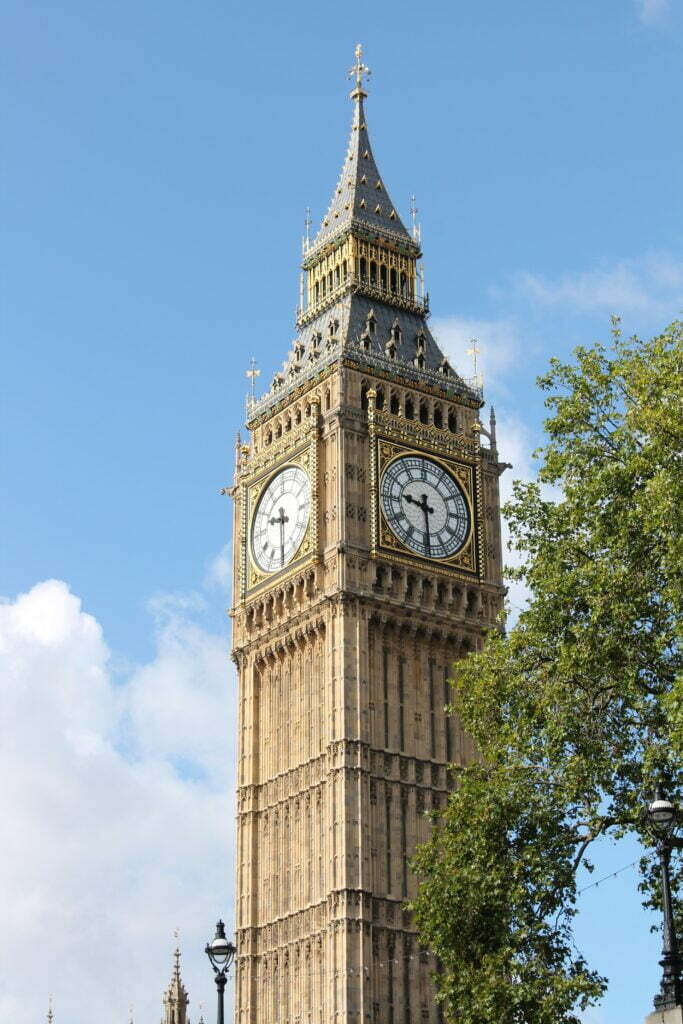
Our specialist sustainability and energy efficiency service is led by our Director John Edwards, a Chartered Environmentalist. John has combined building pathology, energy management and building conservation expertise to help drive a more informed and holistic approach towards energy efficiency and sustainability. It is this commitment that led to John co-founding the Sustainable Traditional Buildings Alliance (STBA) and taking a lead in the sector with delivery of training, conference papers and best practice guidance. This includes the development of BIM combined with energy efficiency concerning traditional buildings.
Expertise within Edwards Hart is well respected and we are involved in the training of architects, surveyors, building contractors and others in the energy efficiency, suitability and retrofit of traditional and historic buildings. Individuals trained include those working for Historic England, National Trust, English Heritage, Historic Environment Scotland, the Northern Ireland Government and the National Trust Scotland.
Our individual services follow BS 7913: 2013: Guide to the Conservation of Historic Buildings and services include:
BS7913: 2013 states that walls can be 30% less energy efficient if damp. The Standard also states that: ‘The most effective way of ensuring energy efficiency and sustainability is to keep historic buildings in good repair so that they last as long as possible, do not need replacement and do not suffer from avoidable decay that would require energy and carbon to rectify…’.
This Standard, which can be applied to any building, therefore highlights the correlation between properly sorting out damp and proper repair with saving energy and sustainability. Our Director John Edwards, who is the lead author of BS7913 said: ‘These very sensible statements are backed up by well-respected research and in our experience the curing of dampness is the biggest factor in energy efficiency improvements combined with sustainability of buildings in the longer term’.
We recommend that a building survey is carried out before contemplating energy efficiency retrofit and refurbishment – this should incorporate a damp survey and according to John Edwards the risks are very high without it: ‘Some properties are not suitable for some energy efficiency measures or require repair before such measures are installed and a building survey will reveal these factors’. John added: ‘Many parts of the UK are in zone four, the most severe weather exposure zone and care should be taken not to install measures that can adversely affect the building and the health of occupants”.
Most of our projects have some focus on energy efficiency and sustainability. For example, our strategy at Wellbrook Manor involves the use of renewable energy and the project at Trafalgar Square has a ventilation strategy that includes mechanical heat recovery. Our warehouse conversion projects in Manchester involve a detailed analysis of the existing U values and thermal simulation using WUFI software and modelling with different types of insulation and concluding with risks and benefits and associated issues.
Contact us if you would like independent advice from a team led by a very experienced and a well-qualified Chartered Environmentalist, Chartered Building Surveyor and Building Pathologist.
See more about our Energy and Environment team on our YouTube channel.